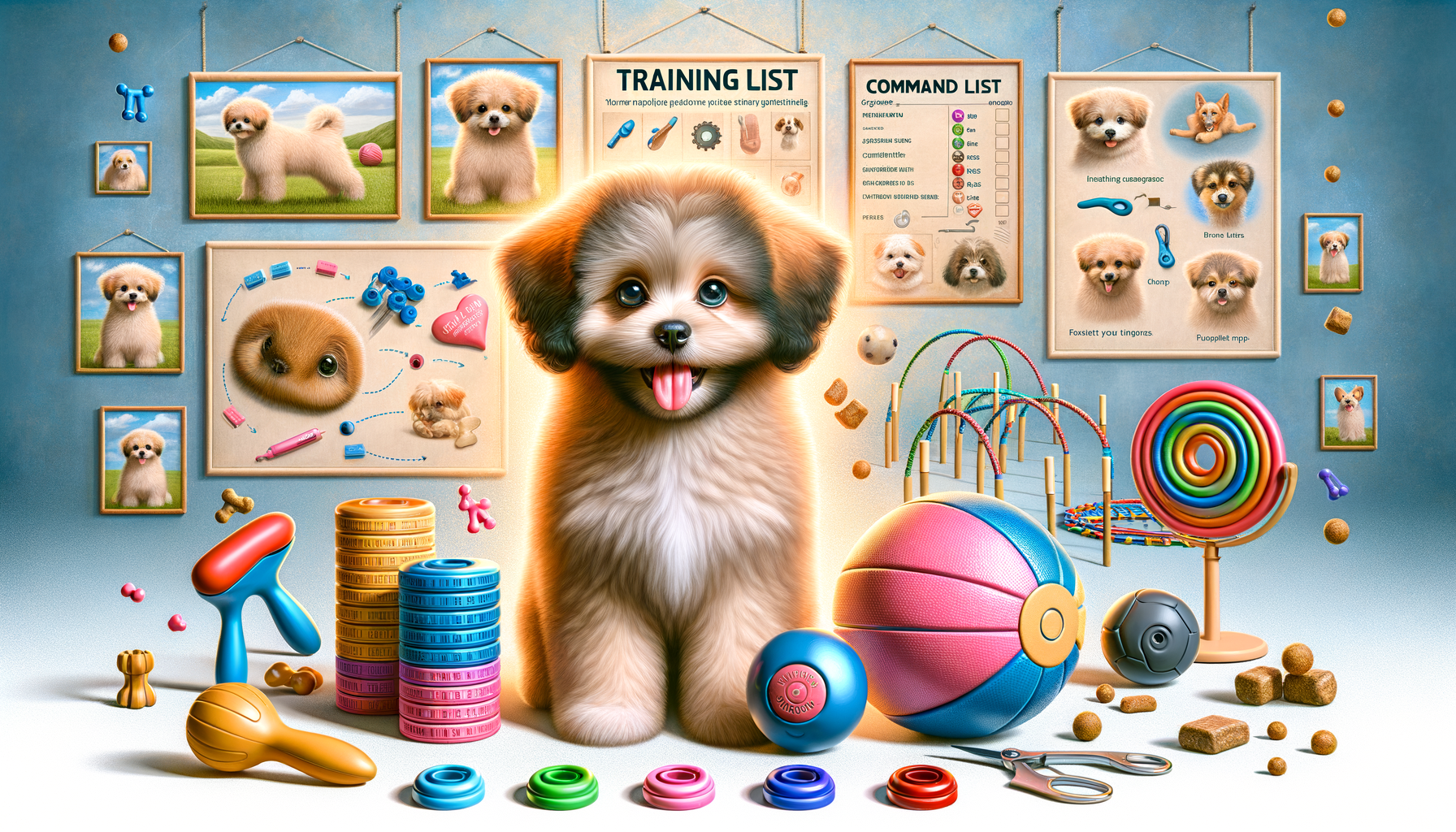
Training Tips for Shih-Poo Puppies
Understanding the Shih-Poo Breed
Shih-Poo puppies are a delightful blend of Shih Tzu and Poodle, offering a mix of charm and intelligence. Known for their adorable appearance and affectionate nature, Shih-Poos are gaining popularity among dog enthusiasts. Understanding the breed’s characteristics is essential for effective training. Shih-Poos inherit the playful nature of the Shih Tzu and the intelligence of the Poodle, making them quick learners. However, their independent streak can sometimes pose a challenge during training sessions.
These puppies are small-sized, typically weighing between 8 to 18 pounds, which makes them suitable for apartment living. Their coat is usually curly or wavy, requiring regular grooming to prevent matting. Shih-Poos are known for their friendly disposition and adaptability, making them excellent companions for families and individuals alike. However, their sociable nature means they thrive on attention, and lack of interaction can lead to anxiety.
Understanding these traits helps tailor the training approach to suit their needs, ensuring a harmonious relationship between you and your Shih-Poo. The breed’s playful and intelligent nature provides the foundation for engaging and effective training sessions.
Setting the Right Environment for Training
Creating an optimal environment is crucial for training Shih-Poo puppies. A calm and distraction-free space helps the puppy focus on learning commands and behaviors. It’s important to establish a routine, as consistency is key in training. Designate a specific area for training sessions, away from household noise and distractions.
Positive reinforcement is a highly effective training method for Shih-Poos. This involves rewarding desired behaviors with treats, praise, or playtime. Using a consistent reward system encourages the puppy to repeat positive actions. Additionally, using a gentle and patient approach fosters trust and strengthens the bond between you and your puppy.
Incorporating short, frequent training sessions keeps the puppy engaged without overwhelming them. Puppies have short attention spans, so sessions should be concise yet effective. Gradually increasing the duration and complexity of training exercises helps maintain their interest and encourages continuous learning.
Basic Commands and Socialization
Teaching basic commands is the foundation of training for any puppy, and Shih-Poos are no exception. Start with simple commands like “sit,” “stay,” and “come.” Use a firm yet gentle tone, and reward the puppy immediately after they follow a command. Consistency in using the same command words and hand signals helps reinforce learning.
Socialization is equally important for Shih-Poo puppies. Exposing them to various environments, people, and other animals helps them develop into well-rounded dogs. Take your puppy on short walks, visit parks, and arrange playdates with other dogs. This exposure helps reduce anxiety and promotes positive behavior in different settings.
During socialization, observe your puppy’s reactions and provide reassurance if they appear nervous. Gradual exposure to new experiences builds their confidence and adaptability. Socialization not only aids in behavior training but also ensures your Shih-Poo grows into a friendly and sociable companion.
Addressing Common Training Challenges
Training Shih-Poo puppies can present certain challenges, but with patience and understanding, these can be overcome. One common issue is housebreaking. Shih-Poos may take a little longer to become fully house-trained, so it’s important to be patient and consistent. Establish a regular potty schedule and reward successful attempts with praise and treats.
Another challenge is dealing with separation anxiety. Shih-Poos are highly social and may become anxious when left alone. Gradually acclimating them to being alone for short periods can help. Provide engaging toys and create a comfortable space for them to relax. Over time, they will learn to feel secure even when you’re not around.
Barking can also be a concern, especially if the puppy seeks attention. Training them to understand the “quiet” command and rewarding silence can help manage excessive barking. Consistency and positive reinforcement are key to addressing these challenges effectively.
Maintaining Training Progress
Once your Shih-Poo puppy has mastered basic commands and overcome initial challenges, it’s important to maintain their training progress. Regular practice ensures they retain learned behaviors and continue to develop new skills. Incorporate training into daily routines, using commands during walks and playtime to reinforce learning.
Advanced training exercises can be introduced as your puppy grows, such as agility courses or trick training. These activities provide mental stimulation and strengthen the bond between you and your puppy. Remember to keep training sessions enjoyable and rewarding to maintain their enthusiasm.
Monitoring your puppy’s behavior and adjusting training methods as needed helps address any new challenges that may arise. Consistent communication and engagement ensure your Shih-Poo remains a well-behaved and happy companion throughout their life.


